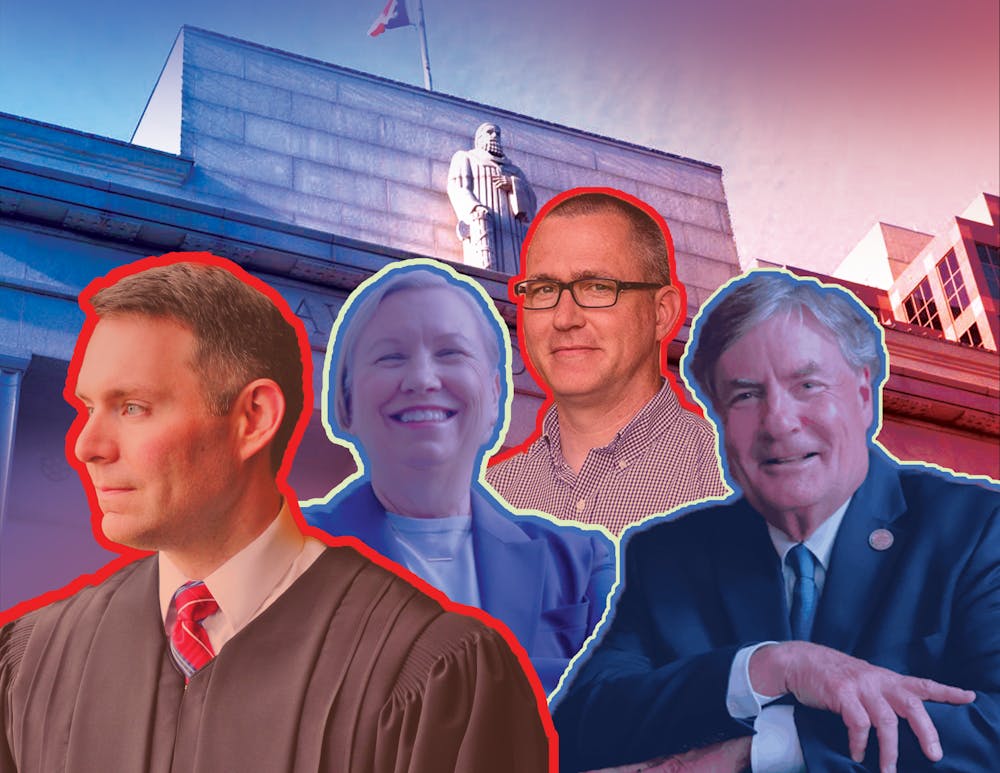Midterm elections will be held on Tuesday, Nov. 8. It will be one of the most pivotal elections of our generation for reproductive justice.
Races on the ballot in North Carolina this election include one U.S. Senate seat, 14 U.S. House seats, several state offices including the General Assembly, Supreme Court and Court of Appeals, local judges and prosecutors and many county offices.
This year’s elections are incredibly important for abortion rights, as they are now left up to the states after the reversal of Roe v. Wade. Although all races are important this season, one race in particular plays a key role in the future of N.C. abortion rights, even though it tends to fly under the radar for voters.
It is time to pay attention to the North Carolina Supreme Court elections.
The U.S. Supreme Court receives a lot of attention across the country — as it should, it’s extremely important— but little attention is often paid to state Supreme Courts, which influence the interpretation of state laws, including laws regarding abortion access.
The North Carolina Supreme Court is the state’s highest appellate court and consists of six associate justices and one chief justice. The political composition of the Court heading into this election is three Republicans and Four Democrats.
Two North Carolina Supreme Court justice seats are up for partisan election this season. Two newcomers, Lucy N. Inman (D) and Richard Dietz (R), are running for Seat 3, while incumbent Sam Ervin IV (D) is staving off a Seat 5 challenge from Trey Allen (R). The main function of the North Carolina Supreme Court is to interpret the law in questions that have arisen from lower courts.
If questions concerning abortion arise from lower courts, the North Carolina Supreme Court has the ability to decide the legality of that abortion. This means that the election of Supreme Court justices plays a key role in state abortion rights.
The North Carolina Supreme Court has the ability to interpret our state constitution’s laws, which directly influence policy in North Carolina. It is our state Supreme Court that has the final say in interpreting North Carolina’s constitution, rather than the U.S. Supreme Court. Our Supreme Court can even extend our rights further than the U.S. Supreme Court, as the nation’s highest court establishes only the minimum extent of our rights. We can still be guaranteed more protection from our state Supreme Court, but only if we take our concerns to the polls in November.




